Does your dog refuse to eat when you are not around? Learn why this may be happening
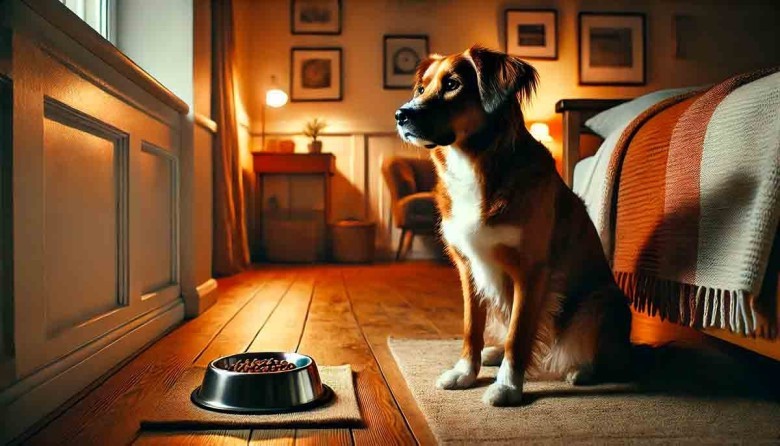
Do dogs love food but stop eating as soon as you are out of sight? This may not concern you on a daily basis because you are there to feed them during mealtimes. However, do you hesitate to go on a vacation and leave your dog with another family member out of fear that they will go on a "hunger strike"? Discover why your dog might have trouble eating without you present.
-
Your dog may miss your presence
Dogs are social creatures, and your dog may be accustomed to having you around during meal times. Your pet might see these moments as a social gathering, a time to bond and spend quality time together. To help your dog adjust to eating alone, you can start by standing near the door while they eat. Slowly progress to being in the room but out of sight for a short period before returning. Placing a treat in your dog's bowl can also help distract them. Through consistent training, your dog can become comfortable eating meals by themselves over time. Remember to be patient with this process.
-
Your dog might have a guarding instinct
If your dog is a territorial breed, they may feel the need to protect the house in your absence, causing stress. Any unfamiliar noise, sight, or smell can trigger anxiety, making it challenging for them to relax and eat. To alleviate this, create a secure and quiet environment for your dog by closing curtains, minimizing noise from electronic devices, and ensuring a calm setting. Taking your dog for a long walk before leaving them alone can also help reduce their anxiety.
-
Your pet could be experiencing anxiety
Separation anxiety is a common reason why dogs may refuse to eat when their owners are not present. This dependence on your companionship can make them uneasy and anxious. Some dogs may eat excessively, while others may avoid food until you return. To help alleviate your dog's anxiety, engaging them in physical activities to release energy or providing calming foods or supplements can be beneficial. Consulting a veterinarian is recommended to address this behavior effectively and understand the underlying cause of your dog's reluctance to eat without you around.
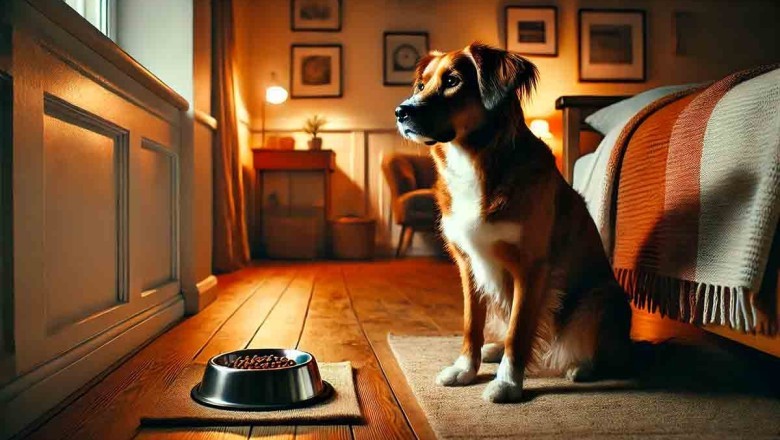











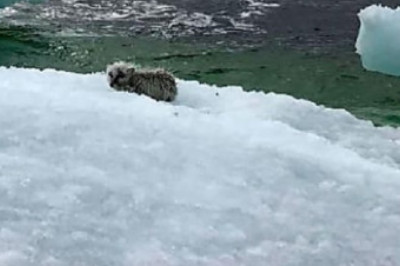
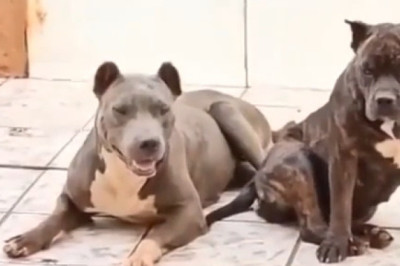

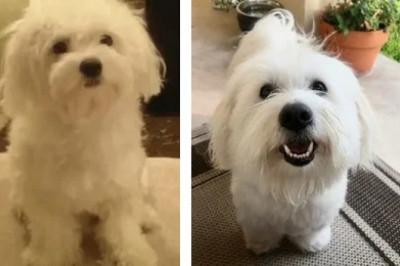
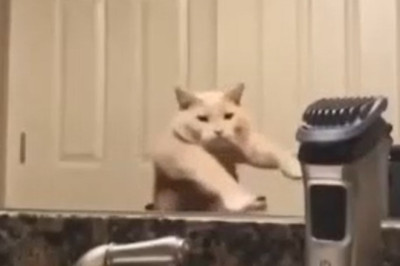
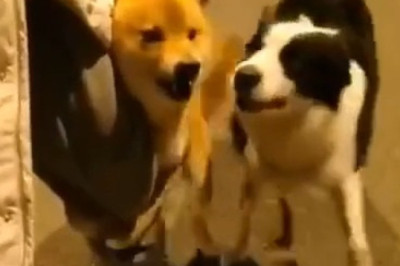
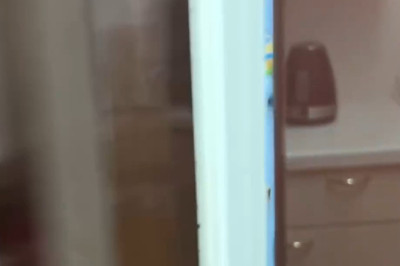

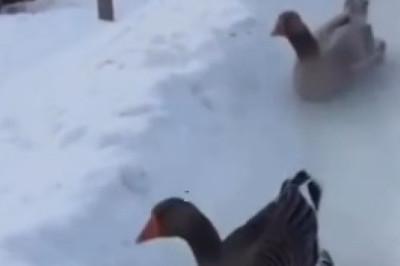
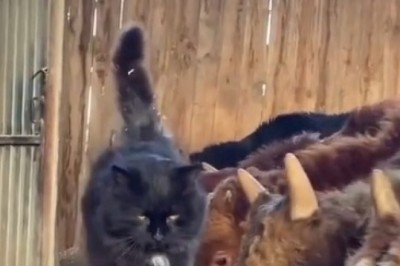
Comments
0 comment